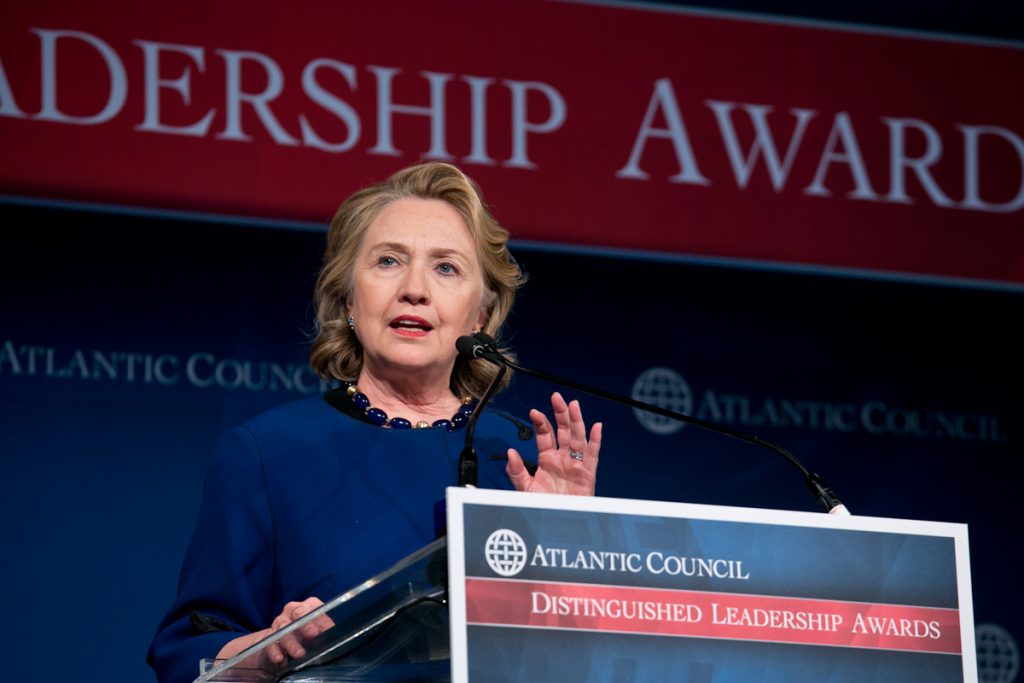
From Hillary Rodham Clinton, Atlantic Council: [T]he Obama administration continues to update America’s ballistic missile defense systems to protect both Europe and the United States against threats from outside the continent. Turkey is already hosting a critical radar system; Spain is welcoming Aegis missile defense cruisers; and in the coming years, new interceptor systems and their American operators will be deployed in Poland and Romania. We need to be just as forward-leaning when it comes to the emerging threat from cyber attacks. As advanced economies in the digital age, both the United States and Europe are particularly vulnerable to attacks targeting our communications systems, our financial institutions, critical infrastructure, data, trade secrets; the stakes are higher than many people realize, and this should be a priority not just for governments, but for business as well. Now in the last century, the United States and Europe led the way in our transatlantic alliance to develop international architecture and clear rules of the road for governing the use and proliferation of nuclear weapons. In the 21st century, we need to do the same with cyber. That would be a significant contribution to our common security.
In all these areas, however, the watch word for our alliance must continue to be shared responsibility. That’s how we kept the peace and extended the frontier for freedom and opportunity. But let’s face facts: as my colleague and friend Bob Gates has warned, NATO is turning into a two-tiered alliance, with a shrinking percentage of members willing and able to pay the price and bear the burdens of common defense. During the operation in Libya, which was an unprecedented historic partnership between NATO and the Arab League, with participation from Arab League members, notably the Emirates, Qatar, Jordan, and Morocco, we saw that fewer than a third of NATO members participated in the strike missions. Others simply did not have – it wasn’t a question that they weren’t willing – did not have the military capacity, especially the needed intelligence, surveillance, and reconnaissance assets.
So NATO is being hamstrung, not just by budget deficits – which we all have to grapple with – but by political deficits. Because even in these difficult economic times, we cannot afford to let the greatest alliance in history slide into military irrelevance. This is a responsibility we all share, and I would urge the Atlantic Council to continue to make it a priority.
Excerpt from acceptance speech by former Secretary of State Hillary Rodham Clinton at the Atlantic Council’s 2013 Distinguished Leadership Awards, in Washington, DC. (photo: ImageLink)
Image: ACUS_Gala2013_0046.jpg
